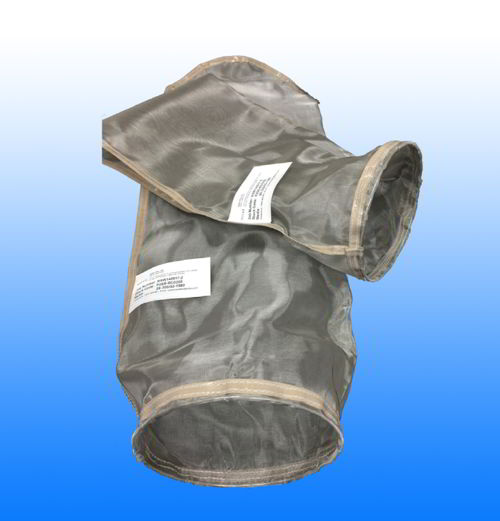Several types of filters can be found in the market. For instance, you can find stainless steel hardware mesh suppliers. Every type of material comes with its unique advantages that are suitable for a different purpose. It is, therefore, necessary that you confirm specific properties of the mesh filter cartridge before choosing the best one for your needs. Some properties you should check are temperature, pressure as well as its reaction with other elements under diverse conditions.

The Mesh Number and Size
Each mesh filter cartridge has a specific number of opening per inch. If the number is large then it means there are many openings per inch. The number can slightly vary for stainless steel hardware mesh suppliers, as some standards should be adhered to. The mesh size, on the other hand, is the size of a single opening on the mesh filter. The number is usually expressed in terms of fractional inches, microns, and even millimeters. For conversion purposes, one micron is equal to the one-thousandth millimeter and about twenty-five thousandth.
The diameter of the Strand and Filament
Strand diameter is one of the most important factors used in choosing a suitable filter mesh. It is defined as the percentage of the total surface area of the stainless steel. A filter mesh with a considerably thicker diameter means that the wire has small openings. If the diameter takes a larger surface area then it implies that the filter mesh has a bigger mesh number. You also have to consider the percentage of the open area, as the higher it is, the greater the flow. The filament diameter, on the other hand, has a significant impact on the percentage open area and therefore the mesh opening.
Fluid Compatibility
The filter mesh you choose also depends on the type of fluid you want to filter. If the filter mesh is not compatible with the fluid then there might be chemical reactions that are not desirable. This is because any form of a chemical reaction between the fluid and the wire mesh may reduce the quality of the filtration process.
The Form Type of the Wire Mesh
There is no standard form of producing filter mesh which means that you are likely to come across different shapes and sizes. For instance, the common forms of filter mesh include conical, cylindrical, and dome-shaped filet mesh. The form type you are going to select depends largely on the application to be carried out and the quality of desired expectations.
Benefits of Using Stainless Steel to Make Filter Mesh
It is Durable
Filter mesh made of stainless steel is more durable as they are less likely to react with other elements including the filtered fluid. Its durability also ensures that you get the best out of the whole process. Lastly, durability means less replacement and therefore you spend less money compared to when other materials are used.
It is Versatile
A filter mesh made of stainless steel can be used for a wide variety of applications. This is made possible due to the unique features offered by stainless steel. Some of the features that make stainless steel an attractive option include favorable temperature, resistance to corrosion, abrasion, high-temperature, compatible with many fluids among others.
Easy to Clean
A filter mesh made of stainless steel can be cleaned easily which offers a great hygienic advantage. It, therefore, makes it possible to use the filter mesh in a very sensitive application such as in the food industry.
Water Resistance
Stainless steel is waterproof which makes it suitable for certain applications. The waterproof feature also ensures that water and other fluids in the filter mesh are not contaminated.
Chemical Resistance
Every fluid has unique chemical compounds that may react differently with other materials. However, stainless steel ensures there is no chemical reaction between the fluid and the wire mesh. This makes the process very effective as you don’t have to worry about the possibility of a chemical reaction between different compounds.
Non-Corrosive
Filter mesh that is made using stainless steel cannot be corroded due to reactions with other fluids that you will be filtering.
Applications of Stainless-Steel Filter Mesh:
- Chemical industry
- Mining
- Pharmaceutical
- Industrial applications such as industrial waste filtration process
- Food industry
Types of Weaving Used to Make Filter Mesh
The most common types of stainless-steel filter mesh include:
- Plain weave
- Dutch plain weave
- Twilled Weave
- Dutch Twilled weave
- Reverse Weave
Construction Types
There are several varieties in terms of construction that determines which one you are going to use. The most popular construction type includes woven fabric, laminated filter mesh, sintered mesh among others. The type of construction you choose also depends on the nature of your application and the expected outcome.




Recent Comments